OPINION:
Last week, the Senate Finance Committee held a hearing on the prescription drug shortages that are plaguing this country.
It couldn’t have come at a better time. This problem has become untenable — so much so that the Biden administration recently invoked the Defense Production Act to mitigate it.
Today, the U.S. is facing the highest number of drug shortages in nearly a decade, and that number is quickly approaching an all-time high.
Americans are feeling the pain. A recent survey from the American Society of Health-System Pharmacists found that it affected more than 99% of respondents, with 32% categorizing the issue as a critically important one that has led them to either ration, delay or cancel their treatments or procedures.
On Tuesday, Dr. Jason Westin, director of the Lymphoma Clinical Research Program at Houston’s MD Anderson Cancer Center, went so far as to tell the committee that this matter is often one of life or death.
Large pharmaceutical companies are largely to blame for this crisis. They often use patent trolling — strategically filing new patents on old drugs to prevent competition from ever coming to the marketplace — to make themselves richer, but this trolling increases the drug shortage at the same time.
A recent I-MAK report detailed the extent of the problem. The organization found that, on average, the top 12 grossing drugs in the United States have an astounding 121 patent applications filed and 71 granted per drug. The top 12 have also attempted to block generic competition through patents for 38 years despite U.S. law providing them only 20 years of monopoly power.
Drug companies get away with extending its patents indefinitely by making extremely negligible changes to the ingredients of their products — changes that are just large enough to merit patent extensions. The predictable result is that brand-name drug prices have increased 68% since 2012, and the drug shortage has approached a record high.
The Senate Finance Committee is right. This crisis has gone on long enough. Big Pharma doesn’t think so, though.
Not content with the untold riches it has already made by manipulating the patent system, Big Pharma is trying to get Congress to add new regulations on pharmacy benefit companies, which this country’s health plans hire to increase drug competition and reduce costs for plan beneficiaries. Sen. Bernie Sanders, Vermont independent, has already introduced a bill to do just that.
Pharmacy benefit companies have a strong history of fighting to secure the use of more drugs in the marketplace. The Office of Management and Budget told Congress that, thanks to them, “we have seen a very dramatic shift towards generics and away from branded drugs.”
In 2019, the Government Accountability Office even found that pharmacy benefit companies’ effectiveness at reducing drug costs “offset [Medicare] Part D spending by 20%, from $145 billion to $116 billion.” So it shouldn’t be a surprise that drugmakers think these companies need to go.
If Congress is to end this drug shortage once and for all, it will need to reject this regulatory push and instead reduce the major pharmaceutical companies’ power.
Thankfully, a number of members are working on solving this problem.
The Senate Judiciary Committee just moved five bills by voice vote that will stop Big Pharma’s patent trolling and pay-to-delay tactics. The best of the bunch included the Stop STALLING Act and the Affordable Prescriptions for Patients Act, which would allow the Federal Trade Commission to stop drug companies from filing sham patent petitions.
All these bills would be a welcome step in the right direction to solving a complex problem. Congress should pass them without delay.
It’s not right that Americans are dying because of Big Pharma’s greed. It’s not right that the president must invoke the Defense Production Act just to ensure that older adults can receive the lifesaving medications they need. The time to change this concerning trajectory is now.
• Michael J. Pappas is a former member of the House of Representatives from New Jersey’s 12th Congressional District.
Copyright © 2023 The Washington Times, LLC.
Click
here for reprint permission.
Please read
our comment policy before commenting.










